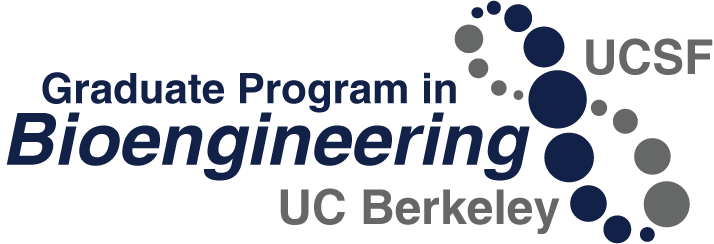The health and life sciences are in the midst of a profound revolution that stems from new and fundamental advances in molecular and cellular biology. This is due in large part to the new technology and quantitative approaches that have been developed in the disciplines of chemistry, physics and engineering. These advances, along with the aging of the population and the focus on health issues will increase the demand for better medical devices, techniques, and therapeutic modalities. New policies emerging from health care reform will change the way medicine is practiced and create new opportunities for bioengineers to develop more effective and less costly means to both prevent and treat diseases.
The unique ability for bioengineers to integrate principles from a variety of fields and thereby span the gap between basic science advances and their clinical utilization places individuals trained in this field at a critical point in the advancement of health care.
Our interdisciplinary National Institutes of Health-funded Training Program (T32 GM139794) was established in 1983 to formally support new training opportunities in bioengineering, while dissolving traditional academic barriers to interdisciplinary graduate science education. The grant provides stipends and associated support for students during their first two years in the UC Berkeley – UC San Francisco Graduate Program in Bioengineering.
The NIH training program has been a fundamental component of the UC Berkeley – UC San Francisco Graduate Program in Bioengineering for many years. The program links two of the most productive and highly regarded research institutions in the nation to engage and train future leaders and innovators in bioengineering. During that period, it has stimulated numerous interactions between the two campuses and has enriched the opportunities for graduate students to experience how engineering principles can be brought to bear upon important problems in biomedical sciences and clinical care.
The original NIH Training grant and its subsequent renewals have ensured not only financial support for bioengineering students during their crucial first two years, but have formalized a directed training program in both basic and applied bioengineering research.
Program Leadership
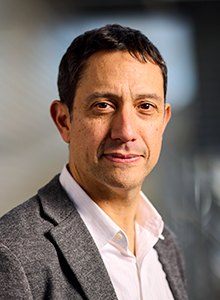 Dr. Christopher Hernandez Dr. Christopher HernandezCorresponding Principal Investigator Professor of Orthopaedic Surgery and Bioengineering & Therapeutic Sciences, UCSF |
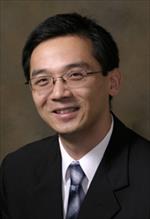 Dr. Duan Xu Dr. Duan XuMulti-Principal Investigator Professor, Radiology and Biomedical Imaging, UCSF |
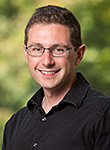 Dr. Moriel Vandsburger Dr. Moriel VandsburgerMulti-Principal Investigator Associate Professor, Bioengineering, UC Berkeley |
 Dr. Lydia Sohn Dr. Lydia SohnMulti-Principal Investigator Professor, Mechanical Engineering, UC Berkeley |
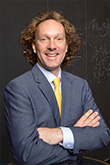 Dr. Daniel Fletcher Dr. Daniel FletcherMulti-Principal Investigator Professor, Bioengineering, UC Berkeley |
